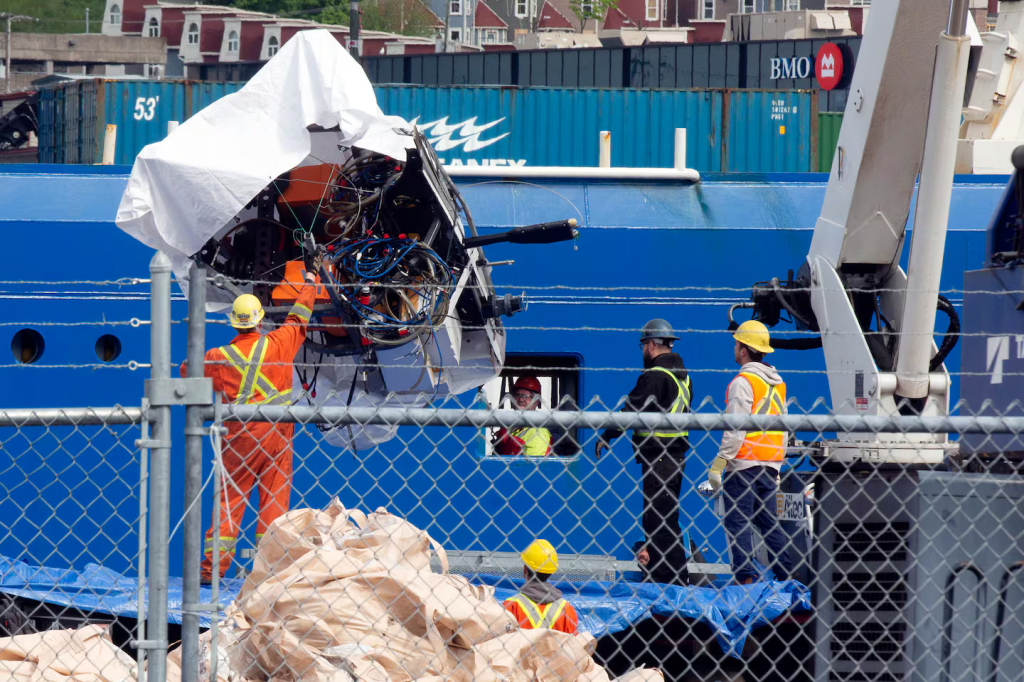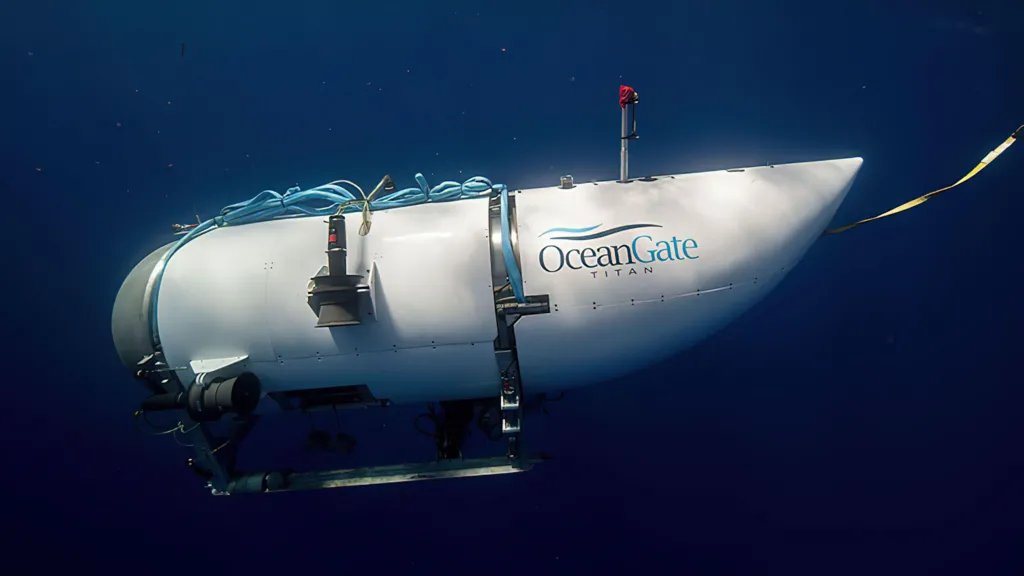Could the Titan disaster have been stopped before it ever plunged into the Atlantic?
A scathing two-year probe by the US Coast Guard says yes.
It points fingers directly at OceanGate, calling its safety practices “critically flawed” and its workplace “toxic.”
The Titan, which imploded during a descent to the Titanic in June 2023, killing all five aboard, was already riddled with red flags.
The sub’s carbon-fibre hull—never before used in deep-sea dives—was a ticking time bomb.
Experts like Rob McCallum warned, “You can’t expect it not to fail… It’s a mathematical certainty.”
Turns out, the signs of damage—cracks, pops, creaks—were ignored. Again and again.
What’s Even Worse?
OceanGate allegedly dodged regulations using intimidation tactics and strategic loopholes.
The report slams founder Stockton Rush for consolidating too much power—CEO, lead engineer, and pilot.
“That’s just too many hats,” said board chair Jason Neubauer. “No checks and balances.”
The result? Instant, fatal implosion at nearly 5,000 psi. No time to react. No second chances.

OceanGate is now defunct, but the Coast Guard wants tighter rules for submersibles.
Hopefully, future thrill-seekers won’t pay for engineering arrogance with their lives.
Because when you’re diving to the bottom of the ocean, hope isn’t a safety strategy.





